University of California San Francisco
Give to UCSF-
-
Can Gut Microbes Impact Chemotherapy? So Far, the Answer is ‘Yes’
Bacteria in our guts may play a significant role in the metabolism of anti-cancer drugs that are critical for treating colon cancer and other types of cancers.
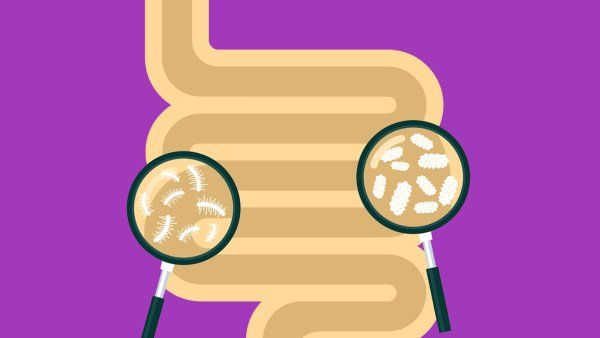
-
UCSF Study Sheds Light on the Reasons Behind Sex Differences in Myocarditis
Immune checkpoint inhibitors (ICIs) used in cancer care can cause myocarditis, a potentially fatal side effect, and it appears that the adverse cardiac effects may disproportionally impact female patients.
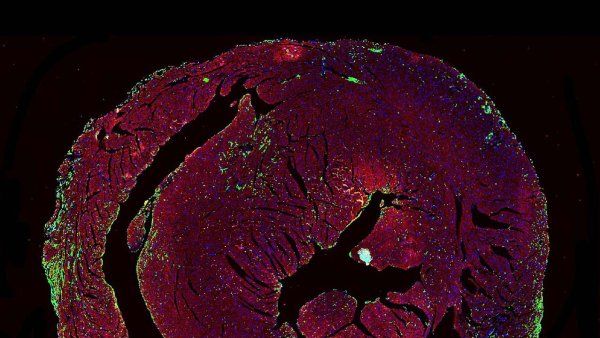
-
Travel Time to Abortion Facilities Grew Significantly After Supreme Court Overturned Roe v. Wade
-
$147M Grant Will Address Imbalances in Alzheimer’s Study
A $147 million grant will expand diversity among Alzheimer’s disease research participants, and involve partners from UCSF, the San Francisco VA Medical Center, and the Northern California Institute for Research and Education.

-
Model Shows Where Women Lost Access to Abortion After Dobbs
A third of American women of reproductive age now face excessive travel times to obtain an abortion, according to a new geospatial analysis by researchers in San Francisco and Boston that is one of the first to model the effects of the Supreme Court’s recent Dobbs v. Jackson decision.

-
Machine Learning Enables Diagnosis of Sepsis, the Elusive Global Killer
A new diagnostic method that applies machine learning to advanced genomics data from both microbe and host to identify and predict sepsis cases was developed by researchers at UCSF, the Chan Zuckerberg Initiative, and CZ Biohub.
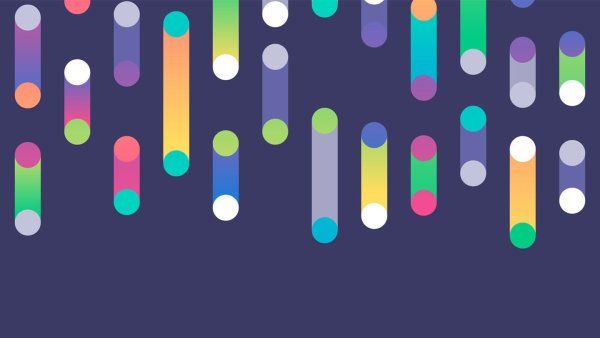
-
Non-White Newborns With Cystic Fibrosis More Likely To Be Missed in Screening
Cystic fibrosis is missed more often in newborn screenings for non-white than white babies, creating higher risk for irreversible lung damage and other serious outcomes in Black, Hispanic, Asian, American Indian and Alaska Native newborns.

-
Fatty Liver Linked to Survival in E. Coli Infection
Scientists at UCSF have developed a new way of looking at sex-biased diseases that is rooted in evolutionary biology.

-
Marijuana, Meth, Cocaine and Opiate Use are Linked to Atrial Fibrillation
A new UCSF study researchers of more than 23 million people concludes that some commonly used and abused drugs pose previously unidentified risks for the development of atrial fibrillation (AF), a potentially deadly heart-rhythm disorder.
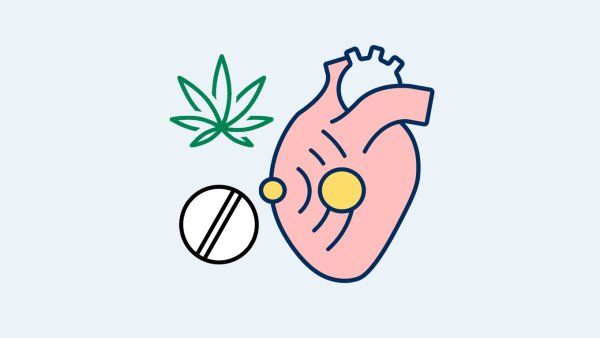
-
Small-Molecule Drug Reverses Neural Effects of Concussion
A small molecule called ISRIB that was identified at UCSF can reverse the neuronal and cognitive effects of concussion in mice weeks after an injury occurred, new research found.

-
Marijuana Use Linked to Atrial Fibrillation in New UCSF Study
-
New Industry Documents Highlight Role of Pharmacies in Driving Opioid Epidemic
Johns Hopkins University and UCSF, have added new documents to the Opioid Industry Documents Archive that detail the role of retail pharmacies in the opioid overdose epidemic.
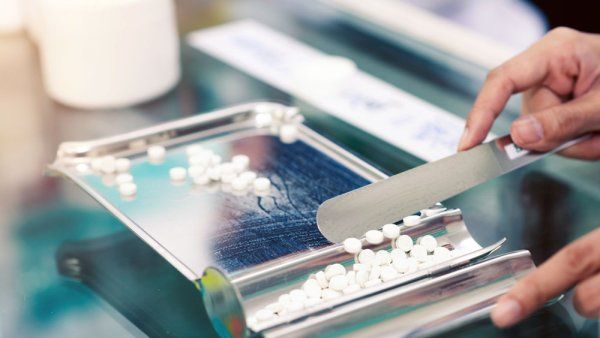
-
Senescent Cells also Help to Heal Damaged Tissues
Not all senescent cells are harmful “zombies” that should be wiped out to prevent age-related disease. New research from UCSF found that some of them are embedded in young, healthy tissues and promote normal repair from damage.
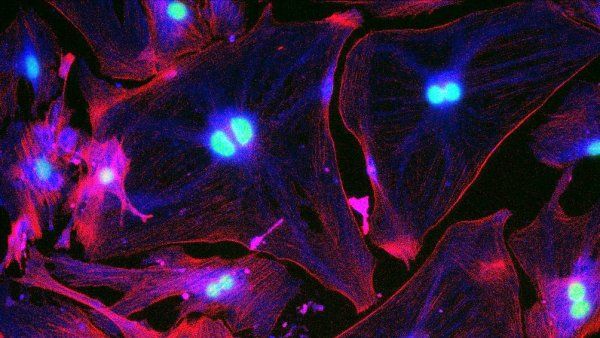
-
Long COVID May Set You Back a Decade in Exercise Gains
-
Feeling Winded After Your Workout? Long COVID May Claim Another Symptom
A new study points to another persistent effect of COVID-19, identified months after infection: reduced exercise capacity.

-
What Does Bipolar Disorder Feel Like?
-
Voters Agree on Need for More Protections from Chemicals
A national online survey revealed American voters overwhelmingly say they want government and industry to ensure the products they buy are free of harmful chemicals, and they are willing to pay more for it.

-
Fall Allergies Are Real. And They’re Getting Worse.
-
Single-Celled Organism Uses Internal ‘Computer’ to Walk
The single-celled protozoan Euplotes eurystomus achieves a scurrying walk by coordinate its microscopic uses a simple, mechanical computer instead of a brain like most animals, UCSF researchers found.
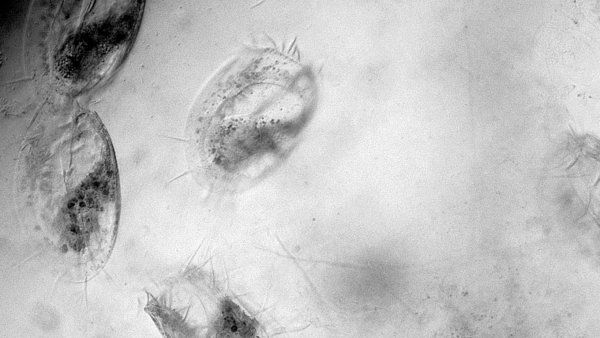
-
Omicron’s Evolution and the New Bivalent COVID-19 Booster
Last month new “bivalent” booster vaccines made by Moderna and Pfizer became available that protect against currently circulating Omicron variants as well as earlier strains of the SARS-CoV-2 virus that causes COVID-19. This Q&A features Joel Ernst, MD, a UCSF professor of medicine whose research aims to understand how pathogens evade the immune system.
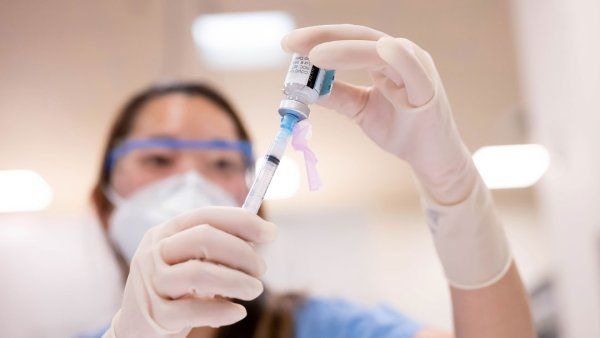
-
Minority Patients Less Likely to Get Newer Alzheimer’s Meds
-
Study Casts Doubt on Routine Use of Anesthesiologists in Cataract Surgery
Ophthalmologists may be able to safely cut back on having anesthesiologists or nurse anesthetists routinely at bedside during cataract surgery, which accounts for more than two million surgeries per year in the U.S., according to a new study.
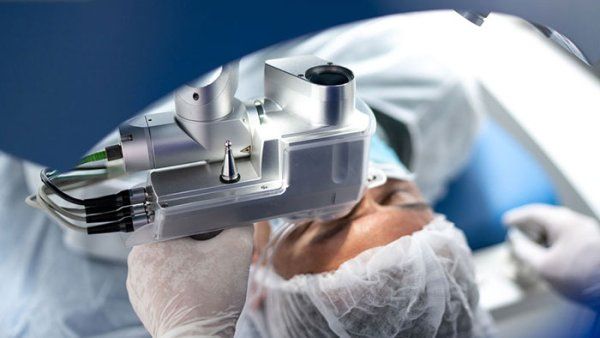
-
Video Games Offer the Potential of “Experiential Medicine”
After a decade of work, scientists at UCSF’s Neuroscape Center have developed a suite of video game interventions that improve key aspects of cognition in aging adults.

-
Fewer Asian, Black, Hispanic Patients Eligible for Drugs That May Delay Alzheimer’s Progression
A new study shows that fewer Black, Hispanic and Asian patients would qualify for these treatments that may slow Alzheimer’s progression, since cognitive impairment in these groups is more likely to be caused by other forms of dementia that may be unrelated to amyloid plaques.

-
Non-Opioid Compounds Squelch Pain Without Sedation
A newly identified set of molecules alleviated pain in mice while avoiding the sedating affect that limits the use of opiates, according to a new study led by researchers at UC San Francisco.

-
UCSF Researchers Discover How Vascular Cells Develop in Prenatal Brain
UCSF has revealed how blood vessel cells develop in the prenatal human brain, paving the way to fully understand the role of these cells in healthy brain development and disease.
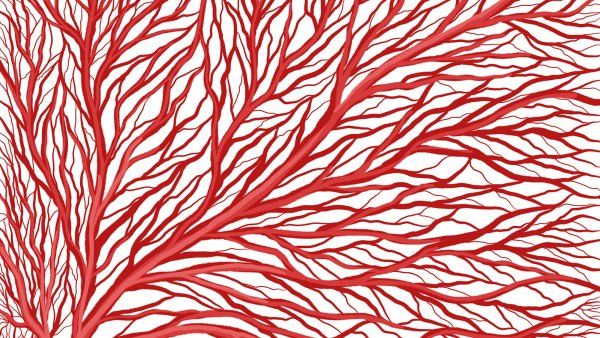
-
A Drug Based on LSD Appears to Treat Depression in Mice Without the Psychedelic Trip
-
Cardiovascular Health Technology to Be Fast-Tracked through Innovative Fellowship Program
The new UCSF Rosenman Institute BUILD™ Heart Health program is designed as an 11-month cycle of fully funded fellowships aimed at training the next generation of health technology entrepreneurs.

-
LSD-Like Molecules Counter Depression Without the Trip
Scientists have designed compounds that hit the same key receptor that LSD activates without causing hallucinations. A single dose produced powerful antidepressant and antianxiety effects in mice that lasted up to two weeks.
